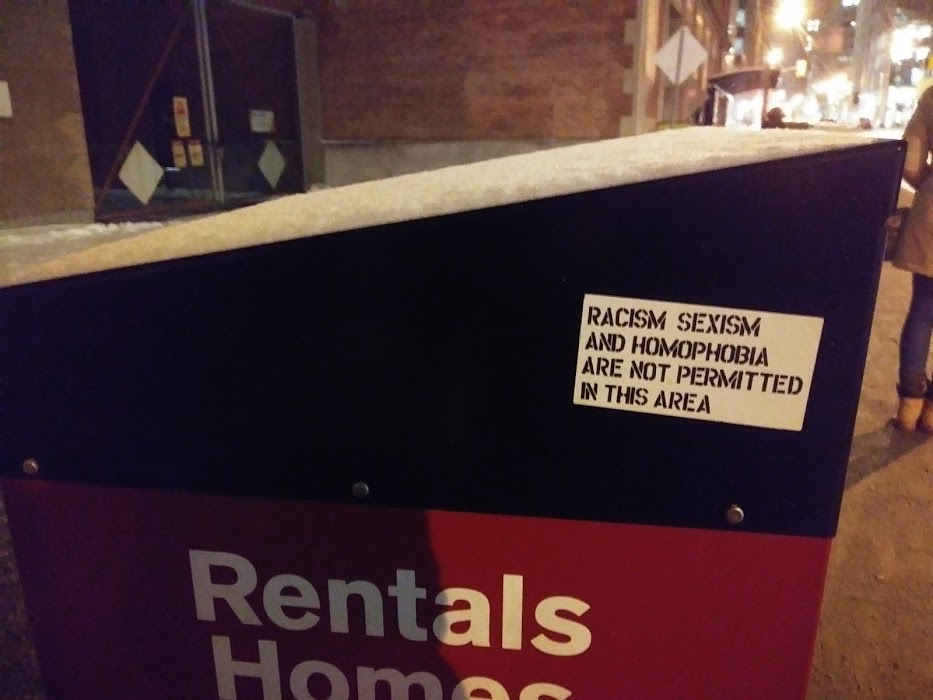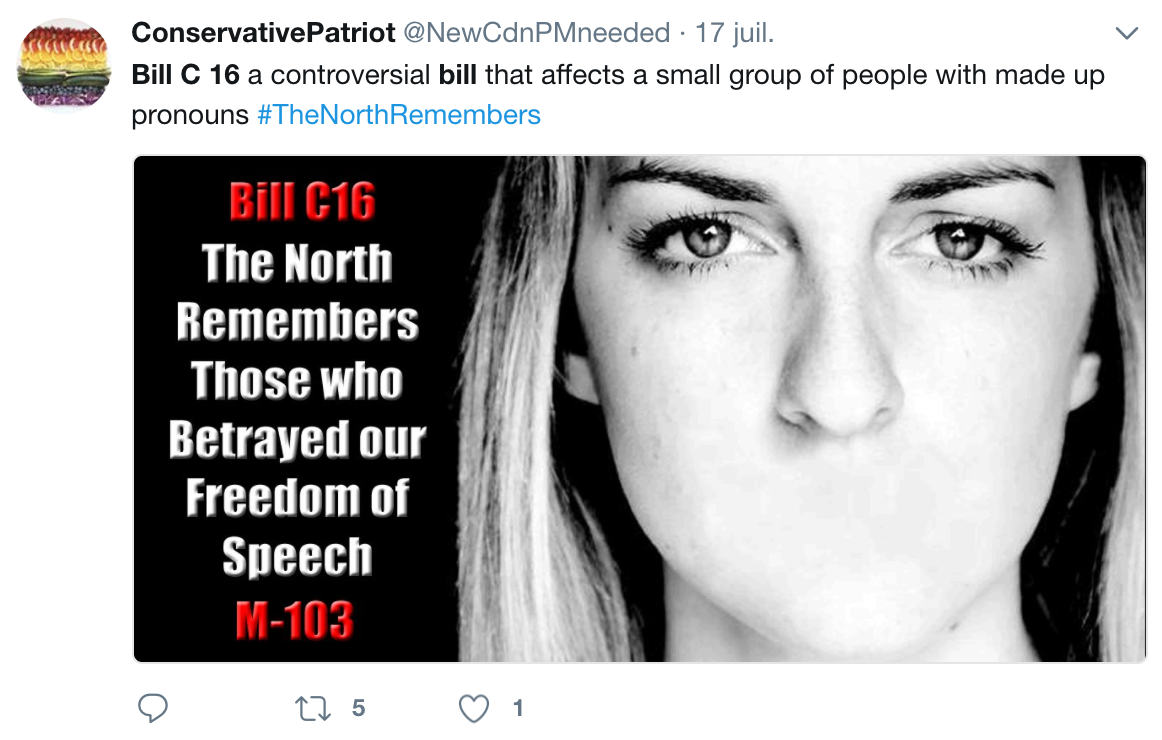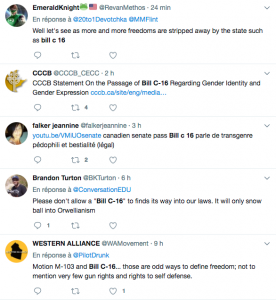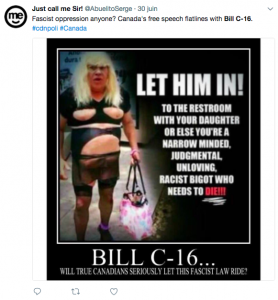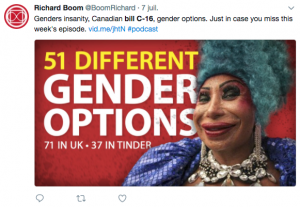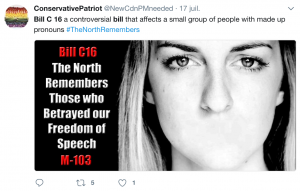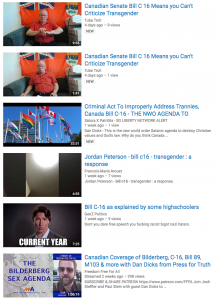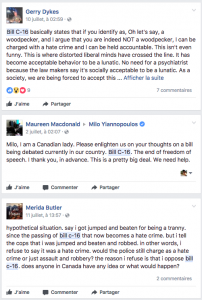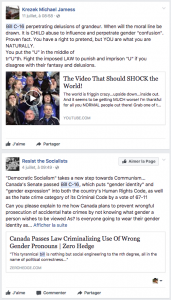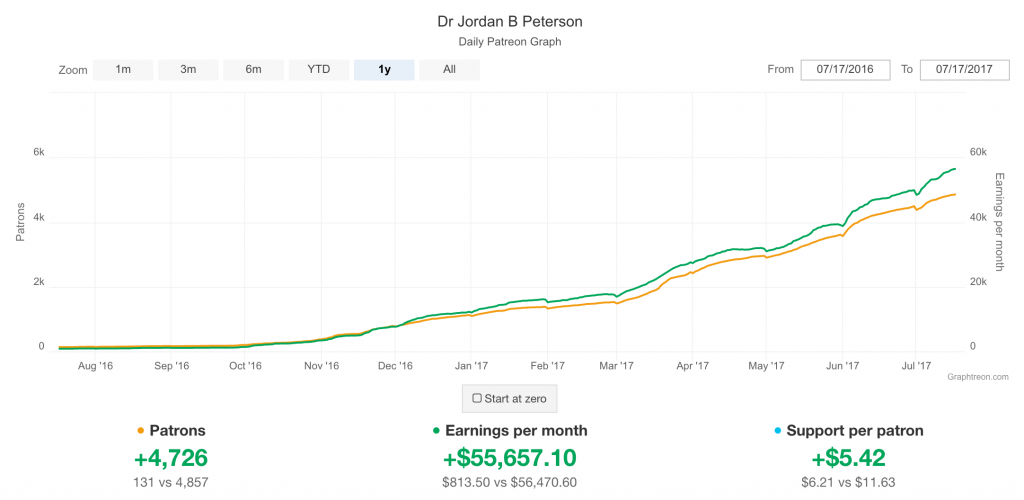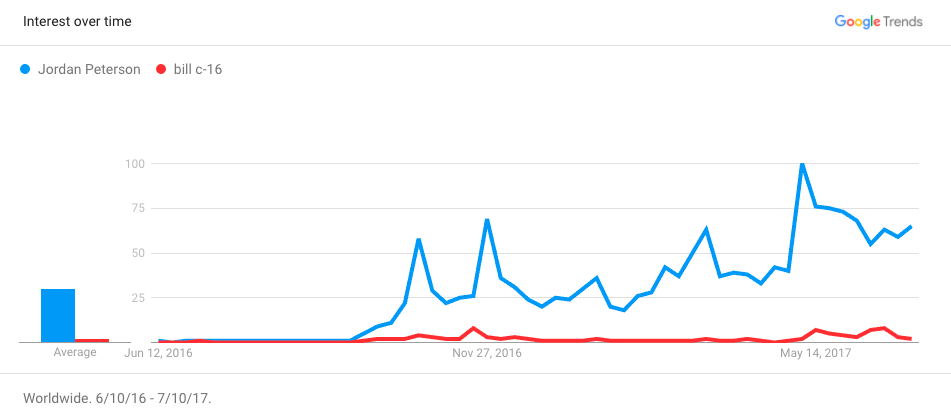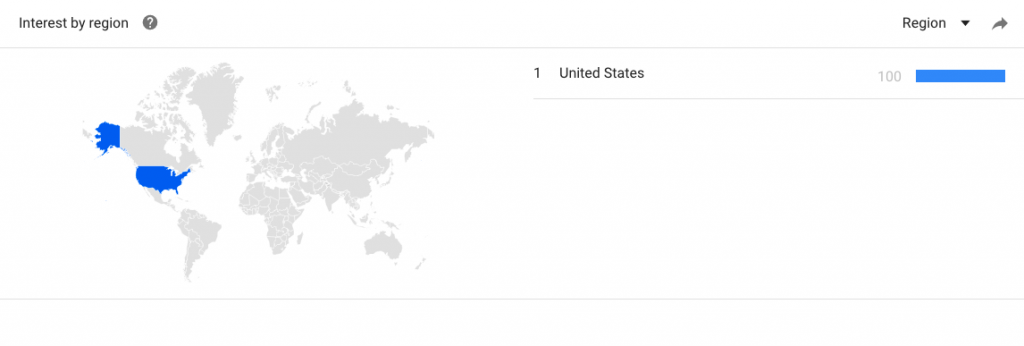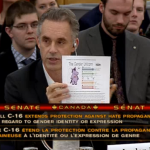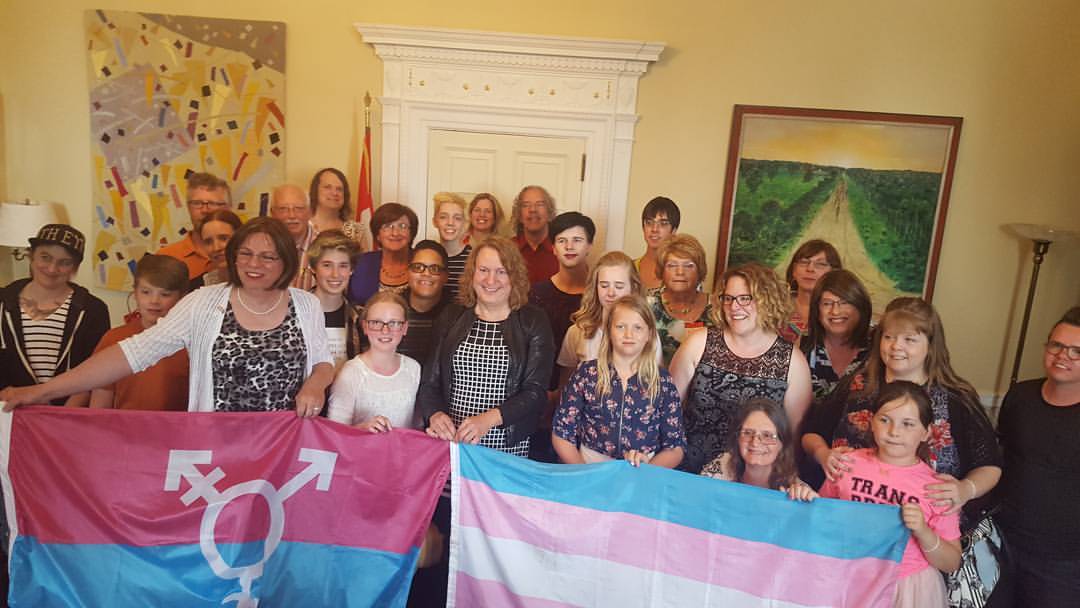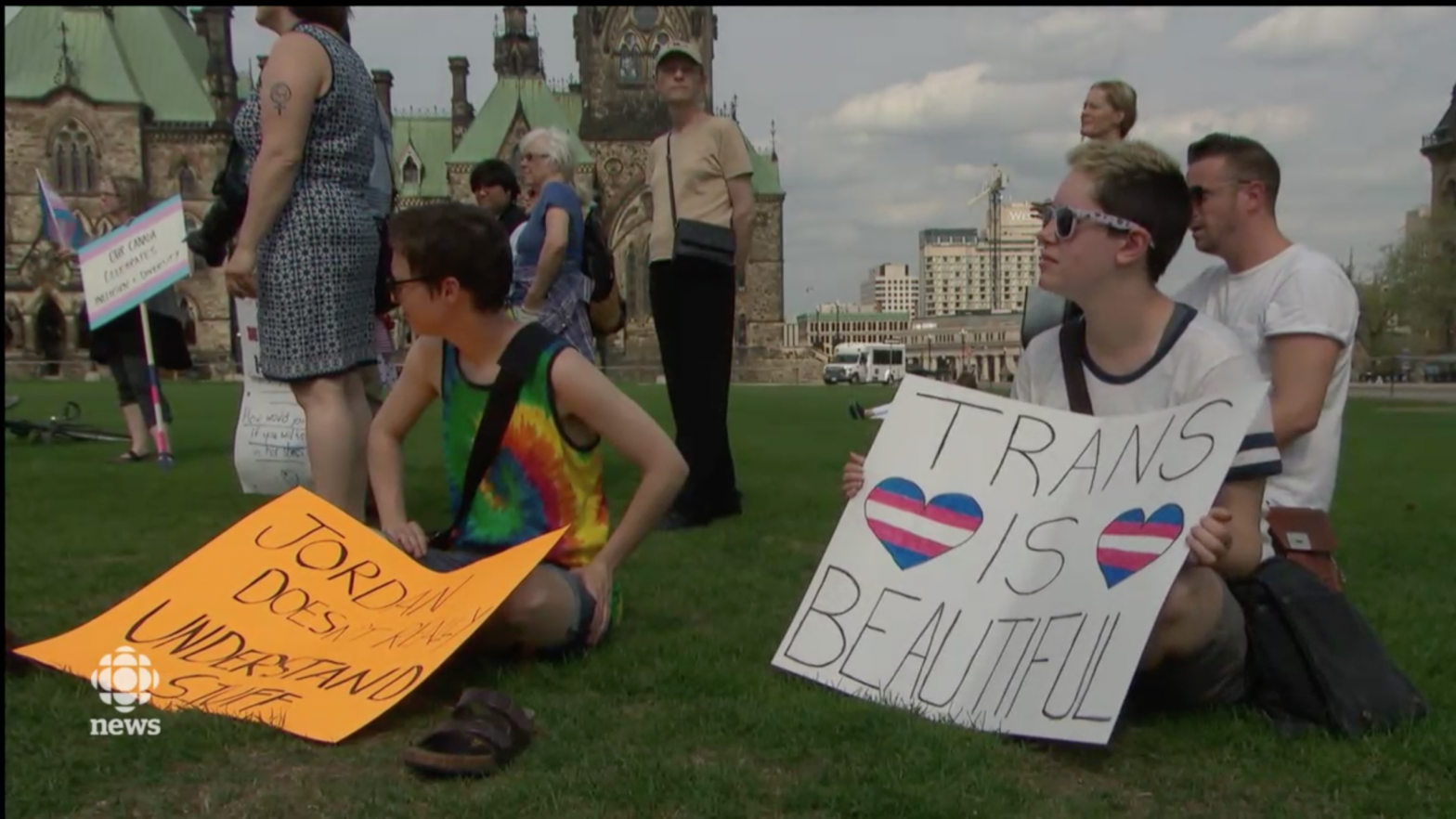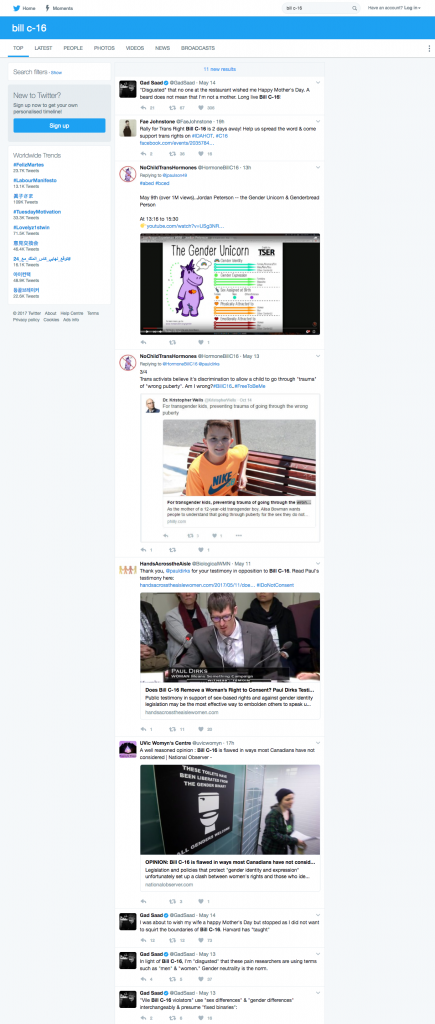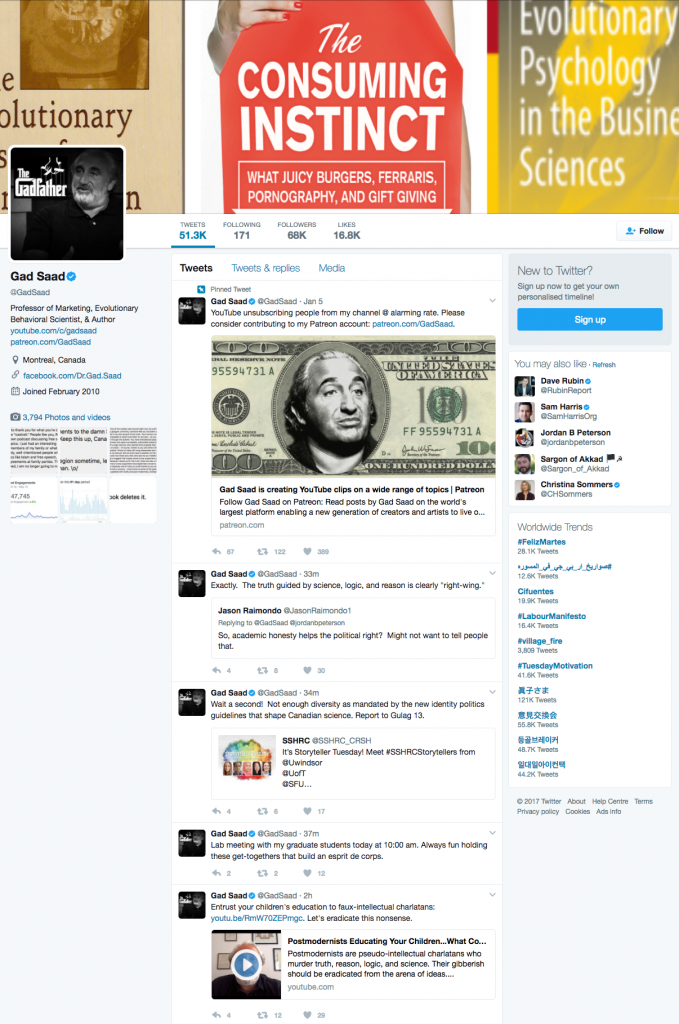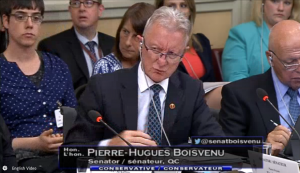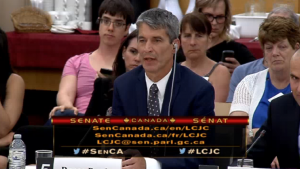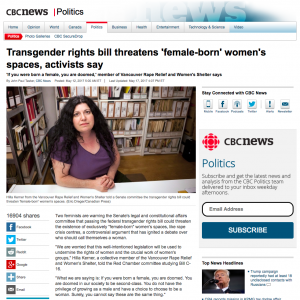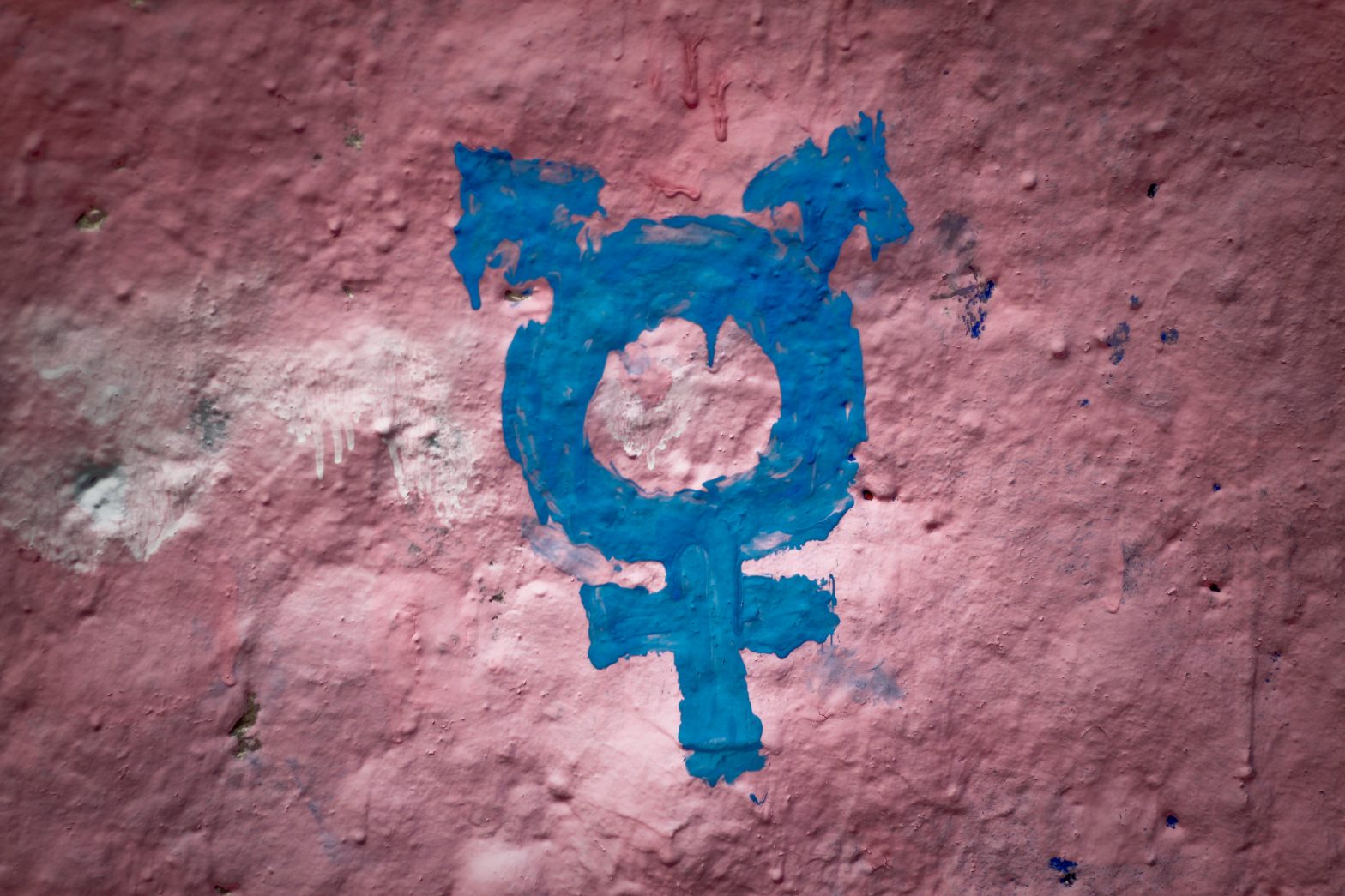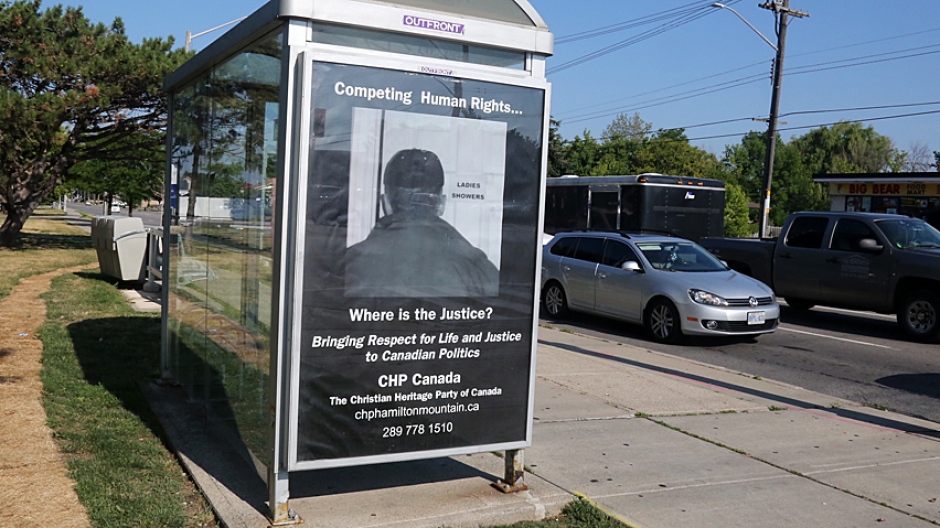Twelve years after it was first introduced to Parliament, the law to add gender identity and gender expression to the Canadian Human Rights Act has finally passed. The final vote in the senate was 67 in favour, 11 against, and 3 abstentions.
The day had started with conservative senators arguing that recognizing the rights of trans people infringed on freedom of speech, freedom of religion, and brought up fears of sexual predators. These statements received applause from Conservatives in attendance.
The inclusion of a new group in the Canadian Human Rights Act and in relevant hate crime sections of the Criminal Code does not improve the condition for those who are discriminated against. I would like to reiterate strongly that our laws, including the Criminal Code, are no place for an awareness campaign to assist in building understanding for those who do not fit into the colloquial “norm.”
This will allow men to go into women’s change rooms and bathrooms across the country.
If a person is unwilling, for religious or cultural reasons, to show a man one’s hair, how are we expected to force such a person to share the most private and intimate of spaces with someone who appears, in all physical and biological ways, to be of the opposite sex? I ask, honourable senators: Is it possible that, in passing this bill, we would be discriminating against our Muslim friends, as well as other groups, and their practice and policy of modesty?
One of those potential consequences, as some witnesses in committee had mentioned, is that Bill C-16 in its current form may compel speech, which goes against a fundamental right that we uphold in Canada.
Senator Plett’s motion to add one sentence “For greater certainty” — and if I may read the full sentence:
For greater certainty, nothing in this Act requires the use of a particular word or expression that corresponds to the gender identity or expression of any person.
…which was defeated, would have added language to this bill that would have given assurances of protecting free speech.
To the “compelled speech” argument, a brilliant retort came from senator Lillian Eva Dyck:
Even here, in the chamber, we do not have unlimited freedom of speech. […]
As an example, recently when Senator Plett felt or perceived that Senator McPhedran had called him a bigot, he raised a point of privilege and the Speaker ruled in his favour. […] Senator McPhedran said it was not her intention to offend Senator Plett. So there was a ruling made on the balance between what was said, what was intended and what was perceived. That’s what freedom of speech is all about, and that’s also what harassment is all about. If Senator McPhedran had continued to speak along those lines, then she could have been found guilty of harassment, but she did not do that.
How does this relate to Bill C-16 and pronouns? I’ve already outlined that. If I or any other person were to call a trans woman by the pronoun “he,” that trans woman may well be offended. If that trans woman spoke to me and said to me, “Please, I would rather be called ‘she’ than ‘he’,” and I ignored that and continued to call that trans woman “he,” that would be discrimination. She could take this case to a human rights tribunal, and in all likelihood I would be found guilty of harassing her because I called her by the wrong pronoun and had done it willingly and as a way to discredit her, humiliate her or make her feel less than what she was really worth.
The Minister of Justice Jody Wilson-Raybould, who had introduced Bill C-16, came by to sit down in the Senate gallery while we were observing the proceedings. Following these speeches against and in favour the bill came to a vote.
The Speaker asked those in favour to yell “Yea”. So yelled numerous senators. Then he asked those against to yell “Nay”. The nay yells appeared to be louder. My heart stopped. “The yays have it”, declared the Speaker. Two senators stood up to trigger a roll call. The Speaker announced a half hour intermission.
At 3:54 pm, the senate was far fuller than it had been throughout the proceedings. Each senator in favour stood up to have their vote recorded, then the senators opposed, and those abstaining, followed suit. The final vote was 67 in favour, 11 against. Plett was unsurprisingly among the eleven. The gallery cheered and stood up, to the security guard’s dismay, who was trying to get us to be quiet. The senate applauded, looking up at us as they did so.
Afterwards, we headed to Senator Grant Mitchell’s office, the senator who had sponsored the bill. The Minister of Justice joined us. There was a brief chat, then they left, and we took the following photo.
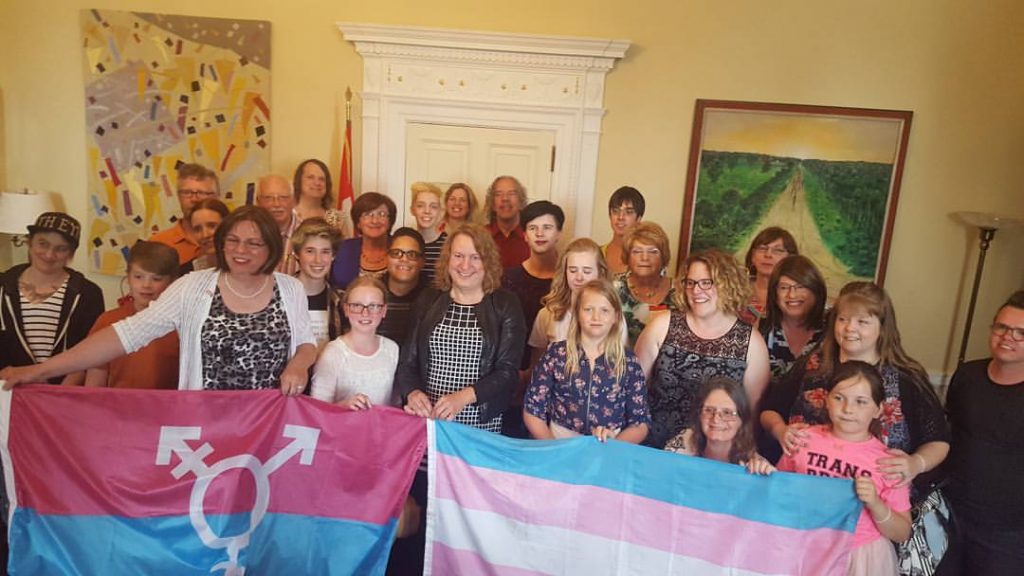
Some of us, myself included, headed to Dunn’s to celebrate, while other advocates headed to Nate’s. News outlets pickled up the story within hours with mostly positive coverage. The response was much more significant than it had been throughout the bill’s life cycle following its introduction. The National Post and the CBC published stories opposing the passage of the bill.
I don’t feel particularly joyful at the news of the bill’s passage. There are benefits to C-16 that will permeate across the country. For instance, when someone in an HR department copies the list of prohibited grounds for discrimination for their own internal policy, it could now include gender identity and expression. Trans employees will benefit from that. When pollsters look to define populations, they might pull from the prohibited grounds list, and trans people will now be counted. Specific hate crime statistics will also be collected now that gender identity or expression is part of the Criminal Code. Individuals challenging institutional discrimination will have another argument to call upon. There’s lots of freebies that comes from the passage of this law, without it ever being used in a human rights case.
This bill would of had a much greater impact had it passed when it was introduced twelve years ago. Perhaps my lack of celebratory feelings is related to thinking of all the people who were harmed while Parliament let these intervening bills die through action and inaction. The bill, though a positive step, has less impact now.
Perhaps my muted response comes from knowing that this law alone won’t alone protect transgender, non-binary and otherwise gender variant individuals. It isn’t laws like this which significantly changes statistics in short order, like these ones I picked for trans youth:
This is unsurprising given the attitudes of cisgender Canadians:
These numbers are a sobering reminder that legislation represent a small component of a much larger effort. I do want to acknowledge that there’s a lot of positive changes lately though, and I’m pleased.
I also want to recognize former NDP MP Bill Siksay, who first introduced this legislation as a private members bill in 2005, and current NDP MP Randall Garrison who took over the task of introducing it’s successors after Bill Siksay retired from politics. I am likewise thankful to Grant Mitchell the sponsor of the bill in the Senate and Amanda Ryan, Susan Gapka and the many others who tirelessly lobbied for this. This is a victory. This law was needed, and their work has made a difference.
